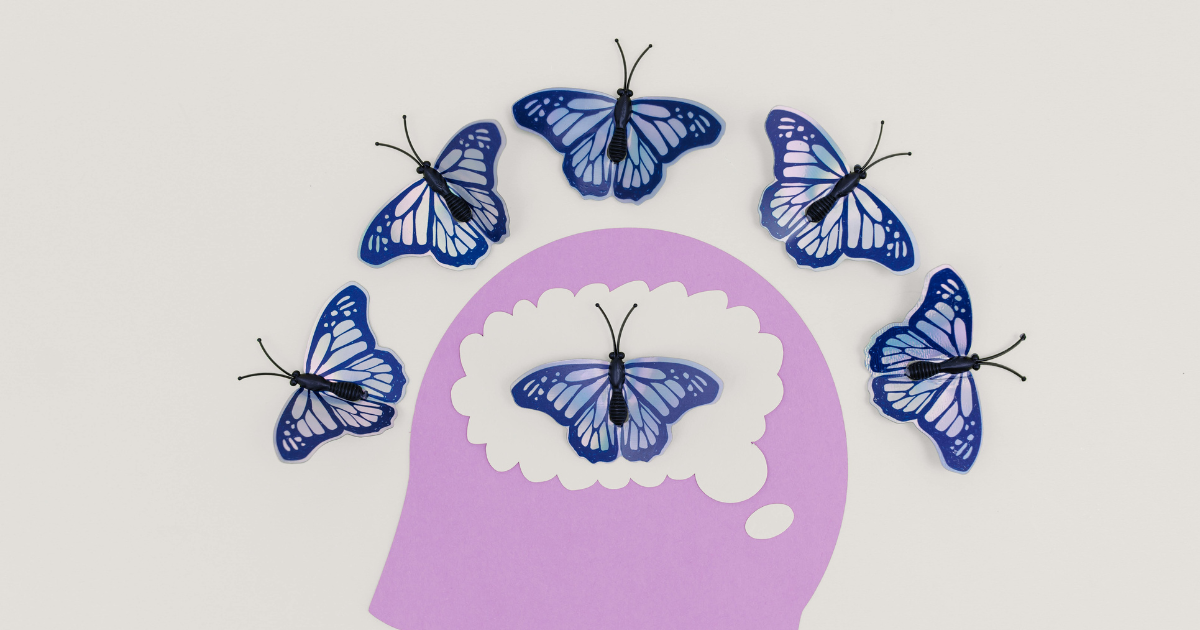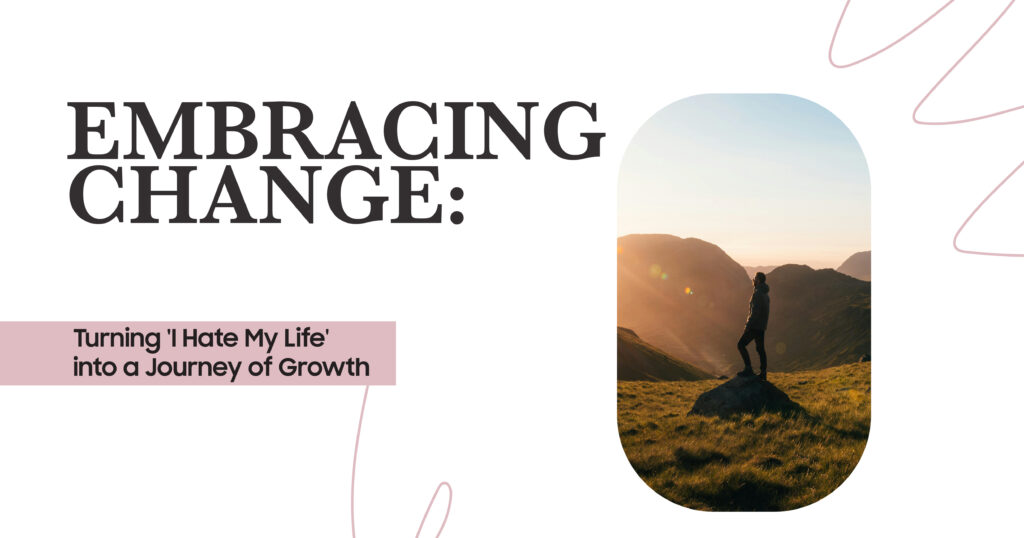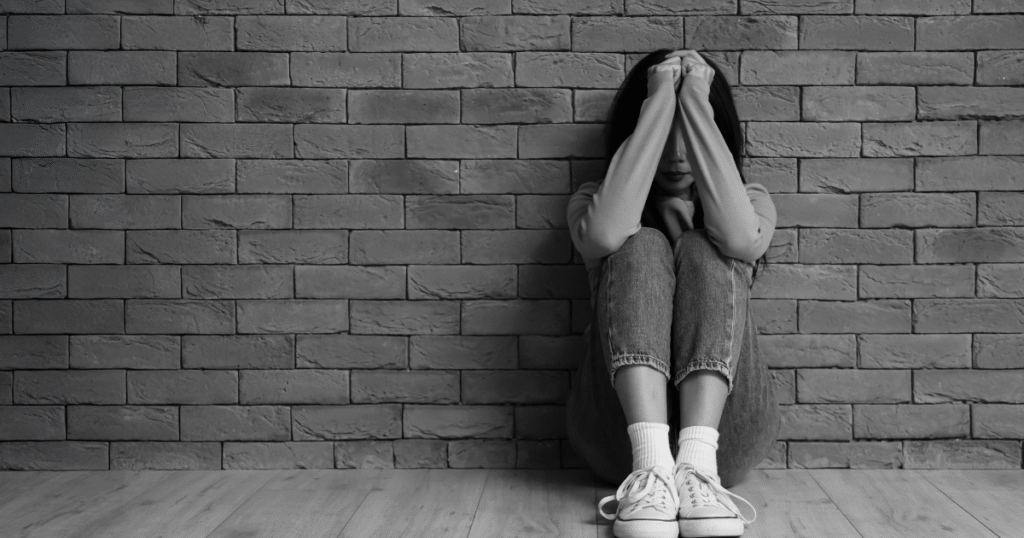We all might have experienced this bitter feeling once (even just for a second) in our lives, when our mind keeps asking, “Why do I hate my life?” You are so absorbed in scrolling through others’ perfect reels, and your life is crumbling in the background in reality. This naturally makes you feel drained within no time.
It is essential to note that typically, no one is willing to engage in this kind of uncomfortable conversation. And at the same time, almost everyone hits this wall at some point. Life does not come with a manual, and sometimes we end up feeling like we are failing a test we never studied for. But those rock-bottom moments can reveal surprising dimensions. They often become the foundation for something completely different.
Identifying the Roots of Unhappiness
Let’s be honest in figuring out why everything feels wrong, and you are unable to focus on the good and be happy. Depression does not announce itself with fanfare, it just slowly absorbs the color from everything.
Anxiety turns your brain into a 24/7 news channel broadcasting only worst-case scenarios. Low self-esteem becomes that annoying friend who just points out every flaw.
Maybe you wake up lacking motivation, knowing you should do something productive, but watch Netflix instead. Or you are drowning in responsibilities that keep on multiplying. Loneliness hits differently when people surround you but still feel invisible.
Money stress, relationship drama, health scares, job frustration, it all piles up, and you end up asking, “Why do I hate my life?” like it’s some kind of cosmic joke. The thing is, identifying specific problems beats the general feeling of displeasure.
Los Angeles Mental Health
The Power of Perspective: Shifting Your Mindset
Here is something intriguing! The American Psychological Association found that how we interpret events matters more than the events themselves. American Psychological Association. Isn’t it interesting? That voice saying “nothing ever works out” conveniently forgets the times things did work out.
Try this narrative when you are feeling overwhelmed. Ask yourself what you would tell a friend in the same situation. It would be completely different. Start treating yourself like someone you actually like. Your whole perspective will change readily.
Cultivating Self-Compassion and Acceptance
We must acknowledge that we are brutal to ourselves in ways we would never treat others. That inner critic has a PhD in finding flaws and a master’s in making mountains out of molehills. Self-compassion is not soft, it’s just strategic. Athletes do not improve by constantly berating themselves, but acknowledge mistakes and move forward. The same principle applies to life.
Acceptance feels like giving up, but it’s the opposite. It’s saying “okay, this is where I am right now” without adding the extra suffering of wishing things were different. Sometimes the bravest thing you can do is stop fighting reality long enough to figure out your next move.

Building a Support System: Connecting with Others
Isolation makes everything worse. When you are stuck in your own head, problems grow like weeds. But admitting you need help feels like admitting defeat; it’s not the truth.
But the true part is, connection does not require spilling your deepest secrets to strangers. Sometimes it’s just having someone to text when your day goes sideways.
The National Alliance on Mental Illness has groups where you can meet others navigating similar struggles without judgment. One genuine connection beats a thousand superficial ones. Quality over quantity, always.
Setting Goals for Personal Development
When hopelessness becomes your default setting, and goal-setting feels pointless. But here is a secret that tiny goals achieved by small, actionable steps help in regaining your energy.
Start with very small steps, but with consistency, it brings massive change. If you want to exercise, do not wait a second and commit to wearing workout clothes. Similarly, if you dream of writing a book, then start writing one sentence daily. The point is not achieving perfection. Instead, it’s proving to yourself that change is possible, even in microscopic doses.
These small wins gather up faster than you would think, claiming that you are capable of more than your brain wants to admit.
Embracing Change and Creating a Positive Life Transformation
Change terrifies us because it involves uncertainty. But staying miserable guarantees continued misery. Taking smart risks toward what you actually want often proves less scary than the stories we tell ourselves.
One thing to consider with great attention is that getting professional help is not a weakness but a strength. Therapists and counselors have tools and perspectives that self-help YouTube videos can not provide. They have seen this movie before and know how it can end differently.
Los Angeles Mental Health
Celebrating Small Wins on Your Journey to Growth at Los Angeles Mental Health
Recovery happens in ordinary moments, like today you had one real laugh, chose the salad over fries, or did not check your ex’s social media. These moments matter more than grand gestures.
Some days will drain you. That is not failure and is just being human. Progress looks like gradually having more okay days than terrible ones, not suddenly becoming a motivational poster. The goal is not constant happiness.
It’s building a life that feels genuinely yours, complete with messy parts and beautiful contradictions. Los Angeles Mental Health gets it, change is hard, but you don’t have to do it alone. Contact us to book your slot now!

FAQ’s
What are the common signs of depression and anxiety that contribute to feeling like “I hate my life”?
It’s that crushing weight of “What’s the point of all this?” Exhaustion that sleep won’t fix, or panic that hijacks your breath. And feeling numb towards your favourite things.
How can low self-esteem and self-worth lead to stress and dissatisfaction with life?
You continue to have one voice in your mind that you are not enough. It drains motivation, makes risks feel impossible, and turns small setbacks into proof you’re “broken.” But the truth is that the voice is just lying.
What mental health strategies are effective for managing feelings of loneliness and existential crisis?
Talking to a therapist, a friend, or even a pet, and writing down the messy thoughts. Sometimes just saying, “This feels too big” loosens its grip. Small connections like a coffee chat, a walk with music, remind you you are not alone.
How does chronic stress impact one’s mental health and contribute to the feeling of hating one’s life?
Your body was not designed to respond in constant “fight or flight” or emergency mode. It drains you until even minor tasks feel monumental, and joy feels out of reach. Taking rest is not lazy, but a repair.
Los Angeles Mental Health
What steps can I take to address dissatisfaction and improve my self-worth and self-esteem?
Small, actionable steps can help a lot. Notice one kind thing you did today. Follow a 5-minute impulse to draw, dance, or call someone. Self-worth grows in the quiet moments you choose to show up for yourself.












